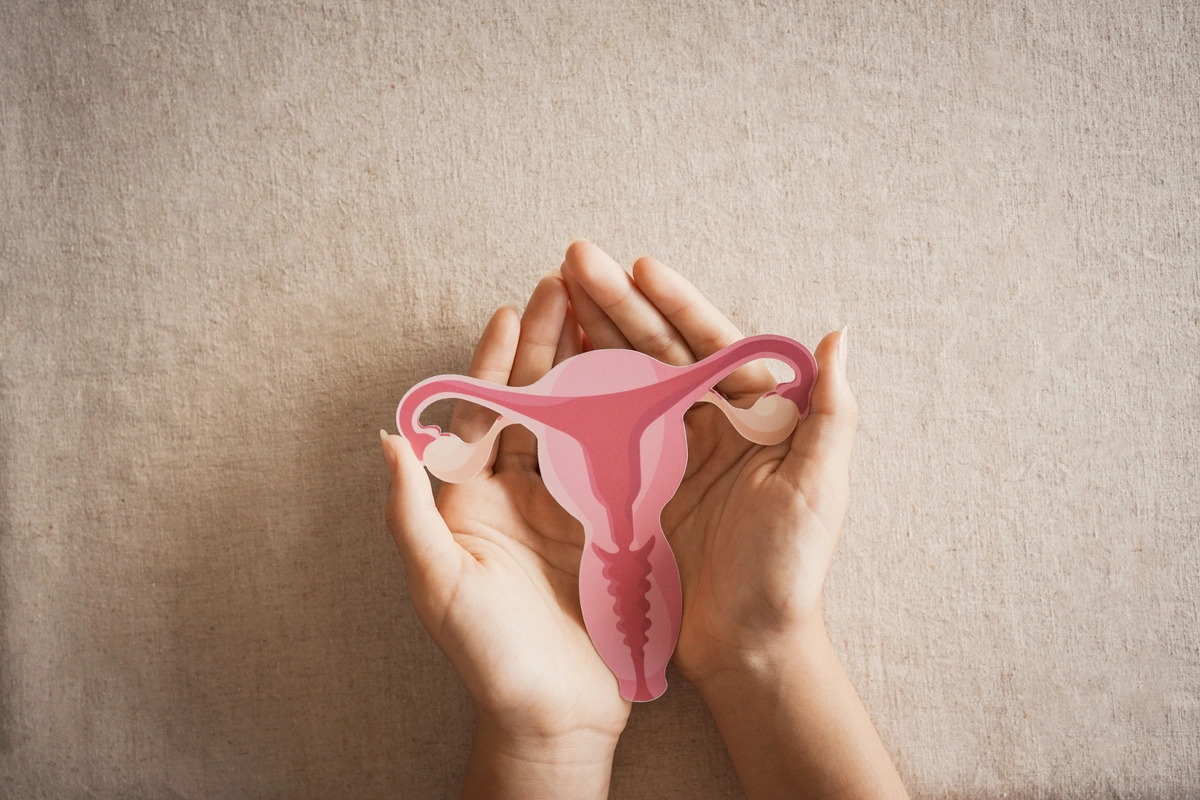
Diminished Ovarian Reserve: Causes, Symptoms, Diagnosis & Treatment
For many patients, fertility challenges come as an unexpected surprise. One common condition that can affect fertility is diminished ovarian reserve (DOR). At Indiana Fertility Institute (IFI), we believe knowledge is empowering—and understanding DOR can help patients explore their best options for building their families.
This guide covers what DOR is, what causes it, how it’s diagnosed, and the treatment options available.
What Is Diminished Ovarian Reserve?
Diminished ovarian reserve (DOR) refers to a lower number or quality of eggs in the ovaries than expected for a patient’s age. It is important to understand that DOR does not automatically mean infertility—it simply means that conception may be more challenging and may require fertility evaluation or intervention.
Ovarian reserve naturally declines over time, but in some individuals, this decline occurs faster than expected. Even with fewer eggs, patients can often achieve pregnancy with modern fertility treatments like IVF, egg freezing, or using donor eggs.
Causes of Diminished Ovarian Reserve
While aging is the most common factor, several conditions and circumstances can contribute to DOR:
-
Natural aging process: Egg quantity and quality decrease over time, with a sharper decline after age 35.
-
Genetic factors: Certain genetic abnormalities or a family history of early menopause can predispose someone to DOR.
-
Medical treatments: Chemotherapy, pelvic radiation, or ovarian surgery can damage ovarian tissue and reduce egg supply.
-
Autoimmune disorders: In some cases, the body may attack ovarian tissue, impairing ovarian function.
-
Endometriosis: Severe cases of endometriosis can affect ovarian reserve and egg quality.
-
Lifestyle factors: Smoking, obesity, or exposure to environmental toxins can accelerate ovarian aging and decrease egg quality.
Understanding the underlying cause of DOR helps physicians tailor fertility treatment to each patient’s individual needs.
Symptoms of Diminished Ovarian Reserve
DOR often has no noticeable symptoms until someone begins trying to conceive. Some possible signs include:
-
Difficulty achieving pregnancy after several months of trying
-
Shorter menstrual cycles (less than 26 days)
-
Irregular periods or skipped cycles
-
Lighter or heavier menstrual flow than usual
-
Family history of early menopause
Because these symptoms can overlap with other reproductive health conditions, fertility testing and evaluation is essential for accurate diagnosis.
Diagnosing Diminished Ovarian Reserve
At IFI, several tests help assess ovarian reserve and reproductive potential:
-
Blood tests
-
Anti-Müllerian Hormone (AMH): Indicates the number of remaining eggs. Lower levels may suggest diminished ovarian reserve.
-
Follicle Stimulating Hormone (FSH): High levels on day 3 of the cycle may signal the ovaries are struggling to recruit eggs.
-
Estradiol (E2): Helps interpret FSH levels and assess ovarian function.
-
-
Ultrasound
-
Antral Follicle Count (AFC): Measures the number of small follicles visible on the ovaries at the start of a cycle. This helps estimate egg quantity.
-
These evaluations give a clear picture of ovarian function and allow physicians to recommend personalized treatment plans based on each patient’s reproductive goals.
Treatment Options for Diminished Ovarian Reserve
While DOR cannot be reversed, there are effective treatments to help patients achieve pregnancy. The best path depends on age, overall health, and reproductive goals. Options include:
-
In Vitro Fertilization (IVF): IVF can maximize the chances of pregnancy by stimulating the ovaries to produce multiple eggs in one cycle. By retrieving multiple eggs, patients have more opportunities to create embryos.
-
IVF with Preimplantation Genetic Testing (PGT-A): Helps identify embryos with normal chromosomes, improving the likelihood of implantation and a healthy pregnancy.
-
Egg Donation: For some patients, using donor eggs provides the highest likelihood of success, especially when ovarian reserve is severely diminished or egg quality is low.
-
Fertility Preservation: For patients not yet ready to build their family, egg or embryo freezing can preserve future options and safeguard reproductive potential.
-
Lifestyle Adjustments: Maintaining a healthy weight, quitting smoking, and reducing exposure to toxins can support overall reproductive health. Good nutrition and stress management may also enhance fertility outcomes. You can learn more about practical tips for maximizing your fertility here.
At IFI, treatment plans are tailored to each patient—considering age, ovarian reserve, overall health, and family-building goals.
Emotional Considerations and Support
Receiving a diagnosis of diminished ovarian reserve can be stressful and emotionally challenging. Many patients experience anxiety, grief, or uncertainty about their fertility future. IFI provides not only advanced fertility treatment but also compassionate emotional support, including counseling, support groups, and resources to help patients navigate this journey.
Moving Forward with Confidence
While diminished ovarian reserve presents unique challenges, it does not mean the end of fertility. With early diagnosis, personalized treatment, and proactive care, many patients achieve successful pregnancies.
At Indiana Fertility Institute, we guide patients through every step—from DOR testing to IVF, egg donation, and fertility preservation—helping patients make informed decisions and pursue their family-building goals with confidence.
If you’re concerned about diminished ovarian reserve or want to explore fertility treatments in Indiana, schedule a consultation with IFI today.

